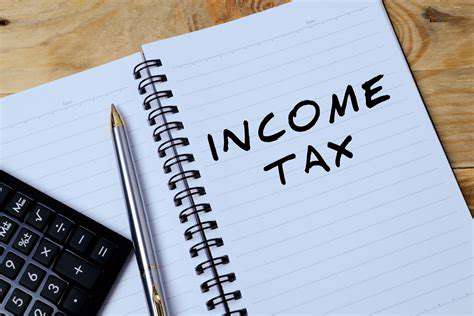Filing Income Tax (I-T) returns is an annual ritual for many. Around this time every year, people find themselves headed for offices of chartered accountants (CAs) and tax consultants to help them file returns. Many cough up extra bucks to ensure that their returns are filed before time and the CAs manoeuvre a refund for them. Earlier this week, the government announced that beginning 2018-19 financial year, the I-T department will levy a penalty on those who fail to file returns within the stipulated date. The government has introduced some changes in the I-T Act to give legal sanction to the initiatives on penal actions. It is not that this is a mint fresh idea or initiative by the I-T department. It was there in the past, but, they were never given effect to. If people did not care to file IT returns for a year or two, the government kept on extending the dates. Filing tax returns was a task that was performed voluntarily, not under duress. But this is soon going to be a thing of the past. With the penal provisions coming in, it is expected that the assessees will show alacrity in filing their returns on time.
Over the last decade or so, the process of filing I-T returns has been made much simpler and user-friendly. The basic objective has been to widen the tax base. The government has been partly successful in this. However, there have been lots of slippages still. The government claimed the Goods and Services Tax rolled out July 1 last would clean up the entire indirect tax kitty. However, this claim has not been fully satisfied. There are still many nagging issues with the implementation of GST. People, especially small and medium businesses, are still clueless on the working of the GST system. The appellate bodies that the government claimed will address the grievances of the harried taxpayers are yet to take shape. Before plugging the GST loopholes, the Centre has now brought in penal provisions in I-T Act.
Finance minister Arun Jaitley had hinted at the coming of the penal provisions in his February budget speech. According to the new I-T rules, with effect from assessment year 2018-19, if an assessee fails to furnish returns of income within the due date as prescribed under section 139(1), then as per section 234F of the of the I-T Act, s/he will be required to pay penalty of Rs 5,000 if return is furnished on or before December 31 of the assessment year and Rs 10,000, if filed later. If the total income of a person does not exceed Rs 5 lakh, then the penalty payable should be Rs 1,000. The last date for individuals to file returns this financial year is July 31, while for commercial and business organisations, the last date is September 30.
Paying tax and filing returns is the duty of every eligible Indian citizen. Governments depend on internal resources to function and carry out welfare programmes and other statutory duties. It is also important that the government knows about the size of the revenue that would come to its kitty in a year. To this extent, paying tax on time and filing returns is desirable. However, imposing a fine as high as Rs10,000 on assesses is a bit too drastic. The penalty, if at all imposed, should be nominal. Also added to that should be a provision that the government must pay a fine if it delays or does not make refunds on or before a given date. Paying interest on the refunds is not adequate. If a taxpayer is made to pay a penalty for a delay in filing returns, there is no reason why the same provision won’t apply to the I-T department as well for failing to release refunds. The I-T department takes an unusually long time to issue refunds. Last year, there were inordinate delays in and uncertainties about the release of refunds. The law should work both ways.
